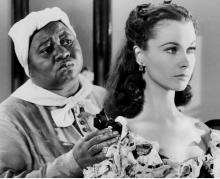spirituality + meiner reading (jody’s missed tues dec 1 + anne’s missed thurs dec 3)
By rb.richxDecember 3, 2015 - 19:04

some of my reactions to meiner's chapters here come also in the wake of my reflection on the silence exercise shirah and i created, as well as reading some of anne’s pieces that involve religion and spirituality.
meiner starts the chapter in a bit of a critique of the ways in which the adult participants in her classroom wrote their autobiographies in a practically formulaic way (“the redemption genre”).
i understand this critique on the level of the institution. she questions the limited tools that are given to these individuals to process their incarceration and traumas, which definitely has a major hand in shaping the internalization of the criminal, deviance, and incarceration narratives.











